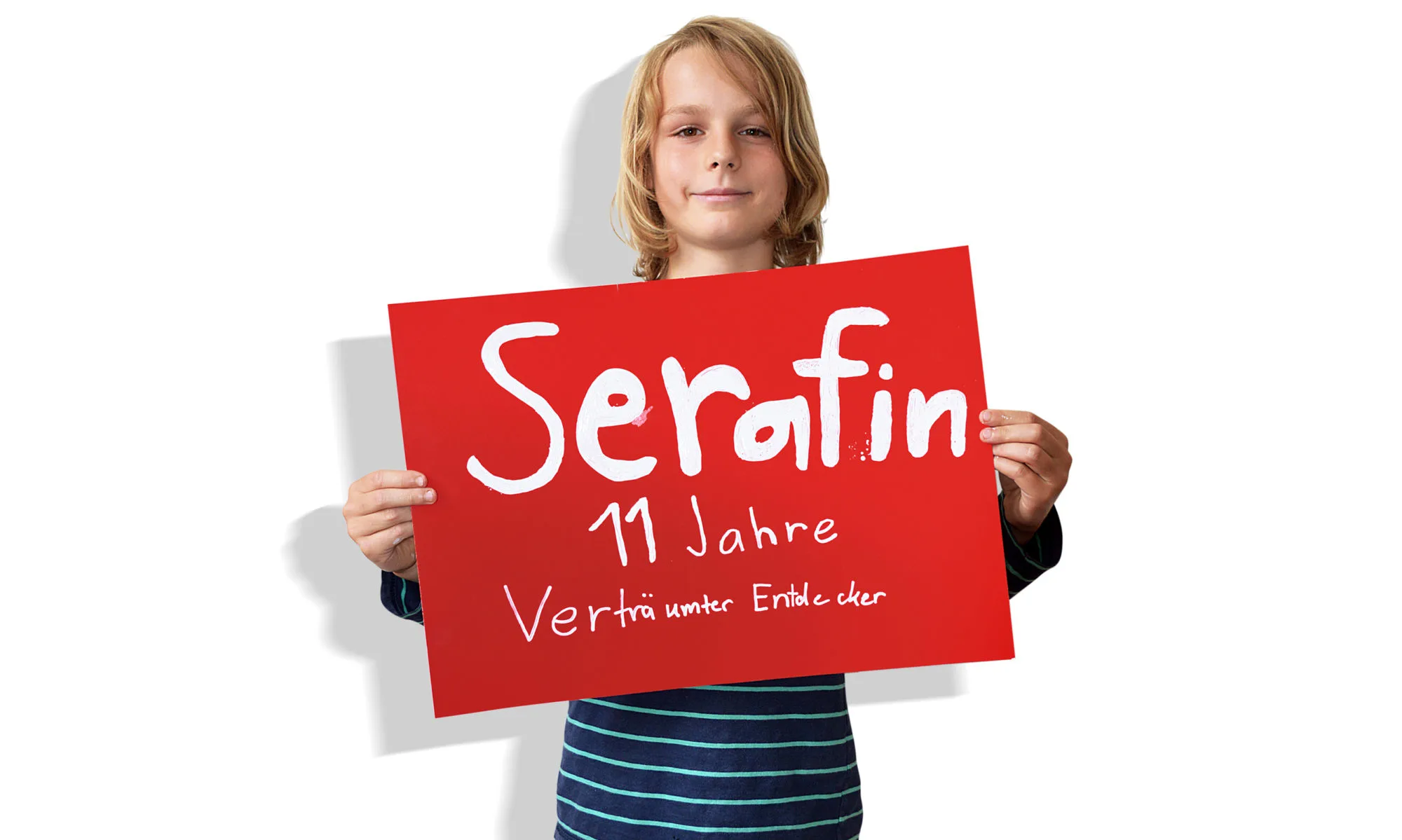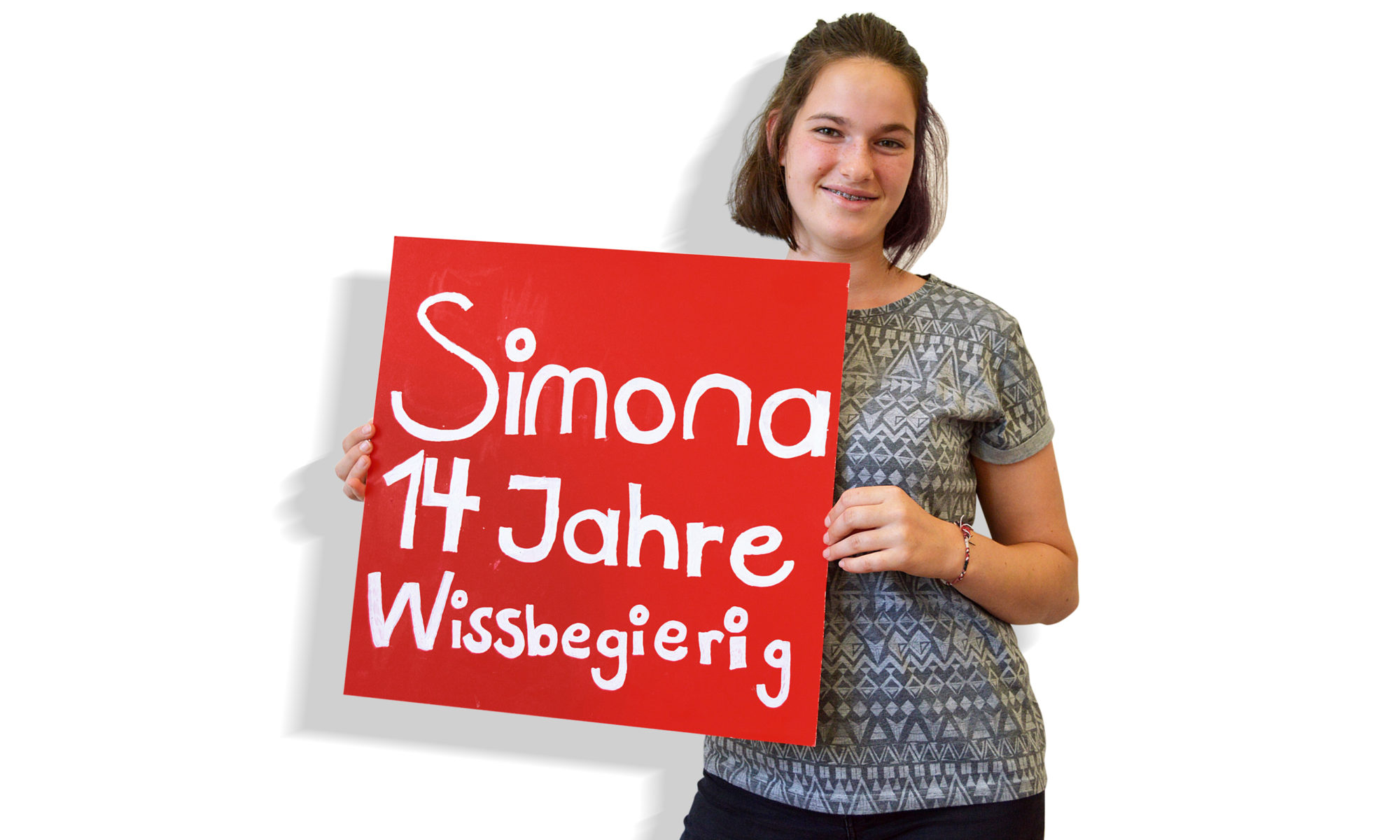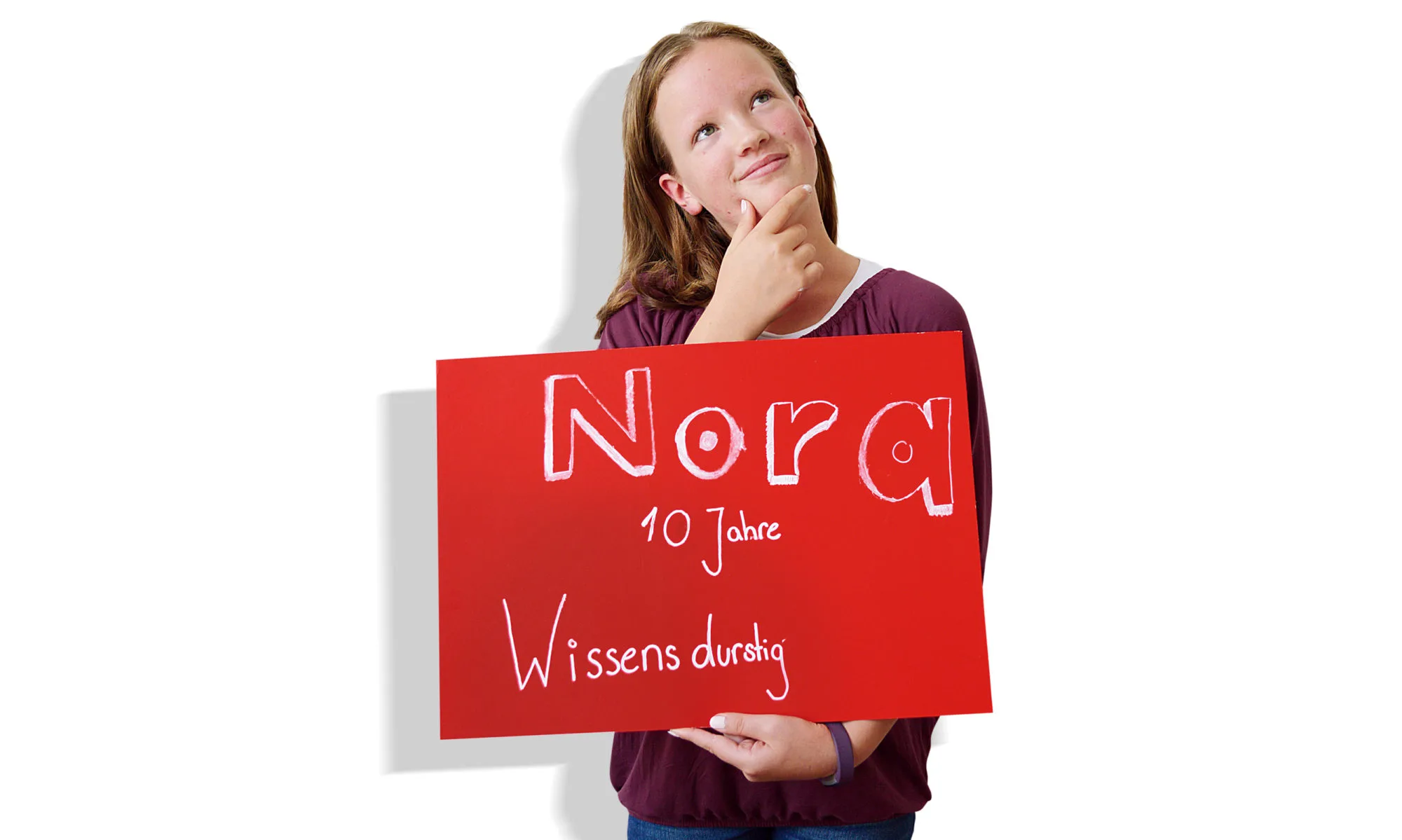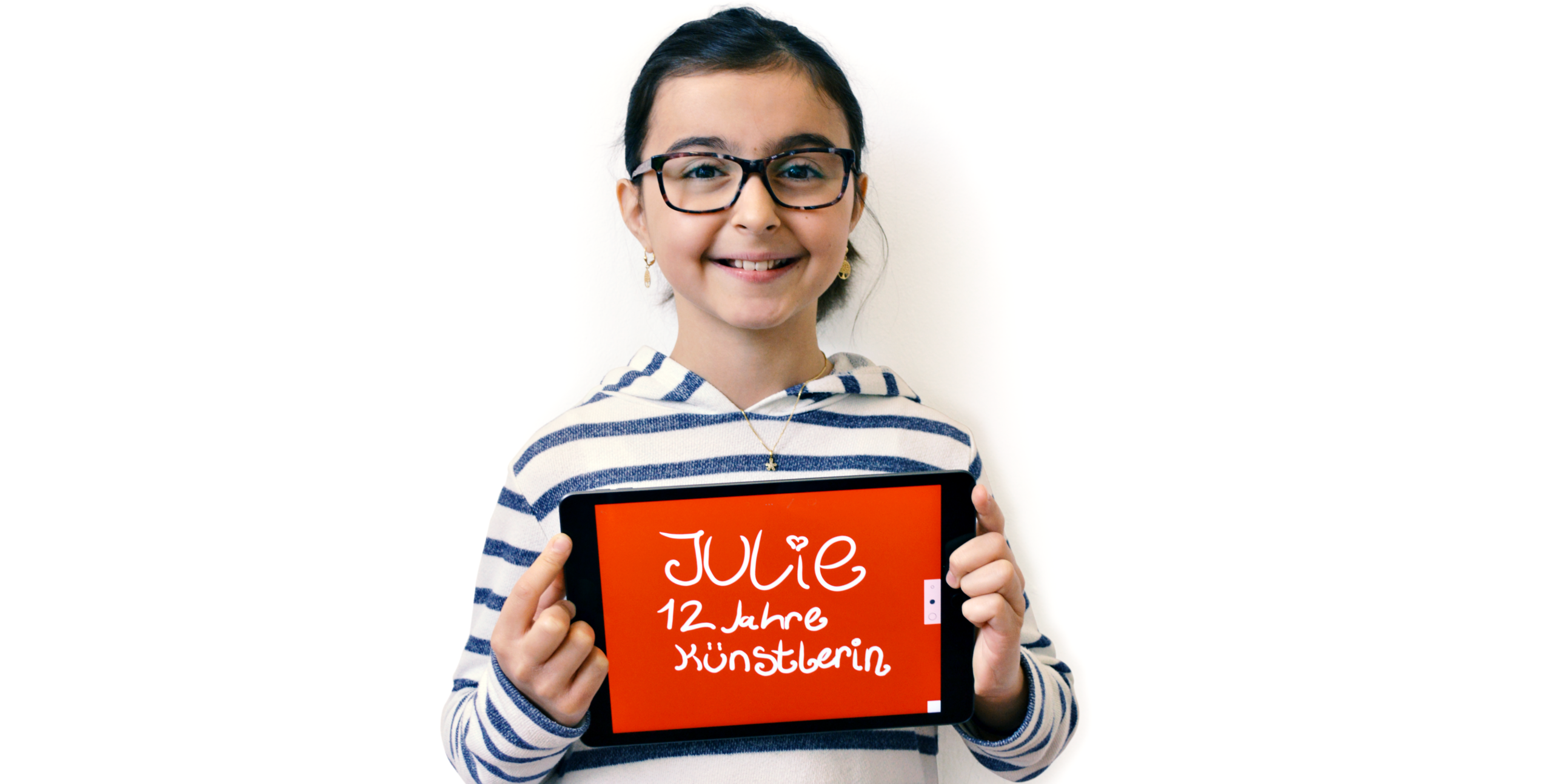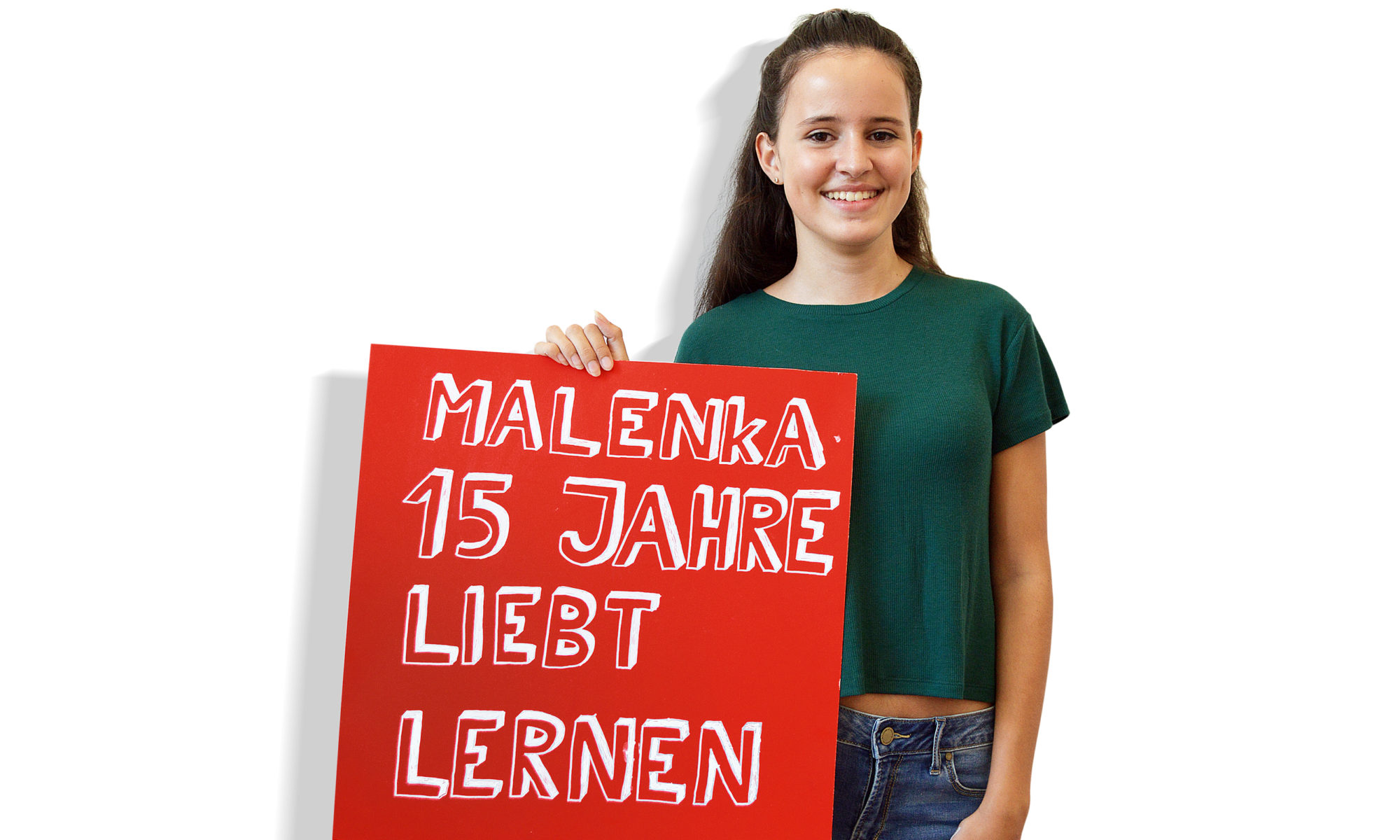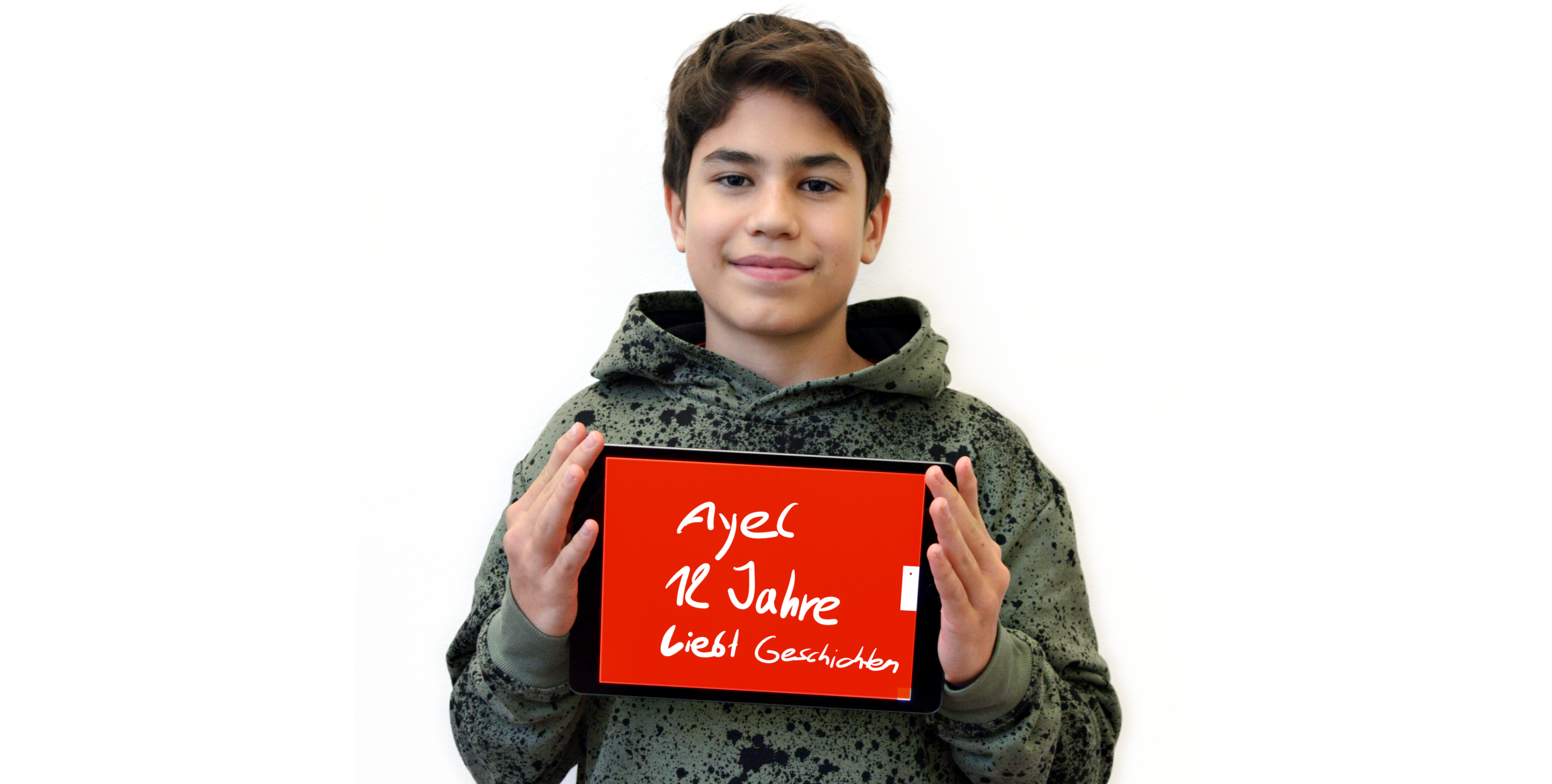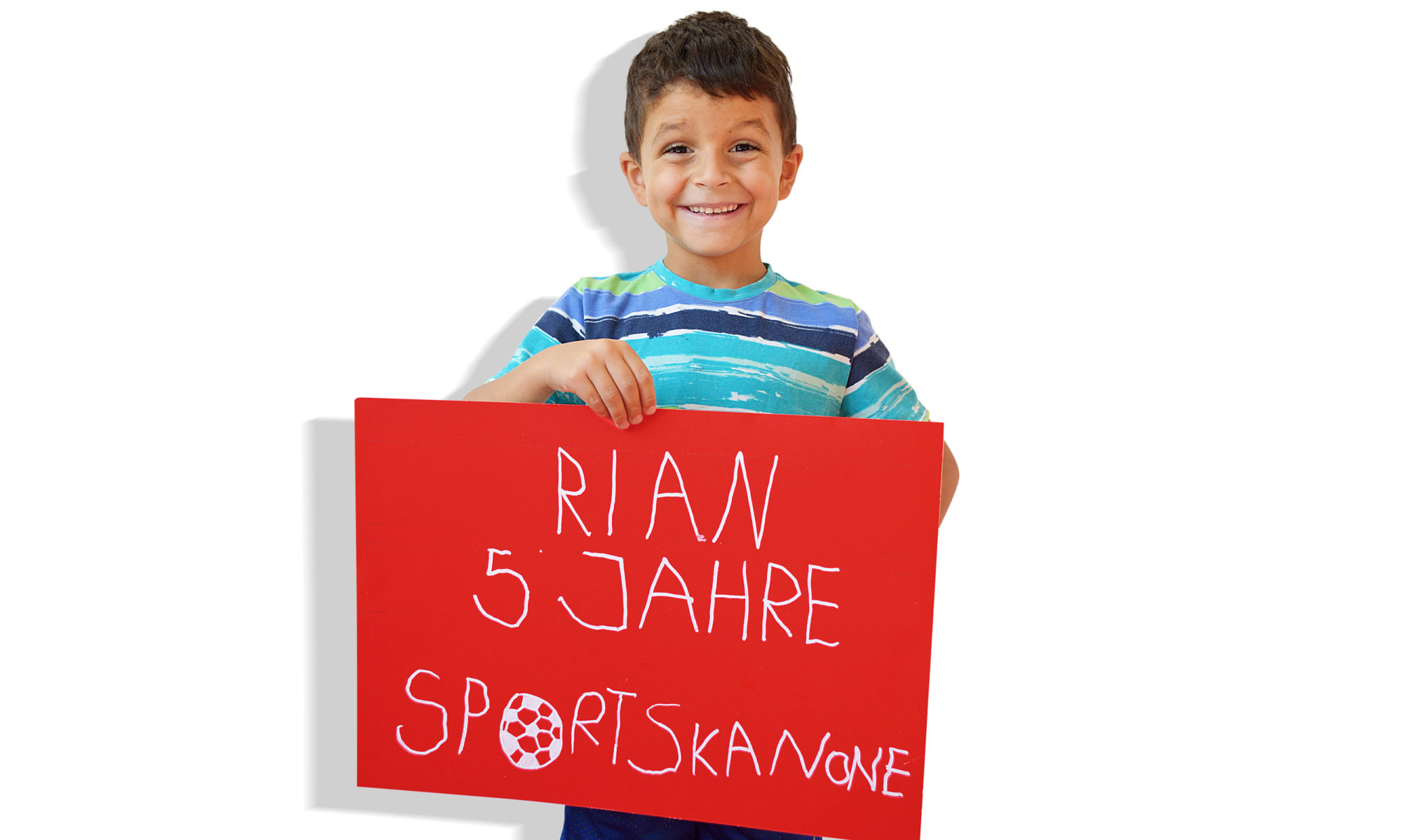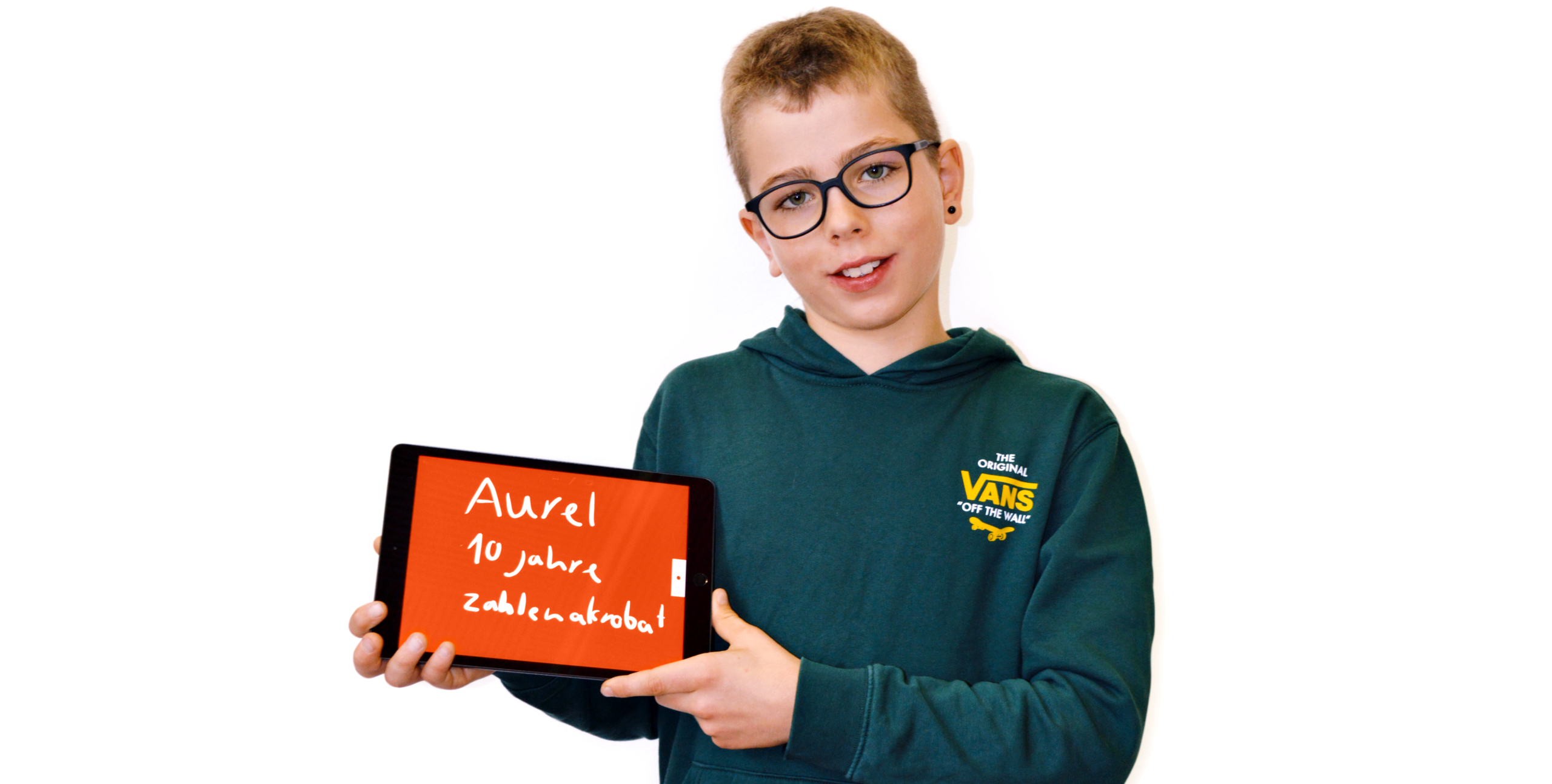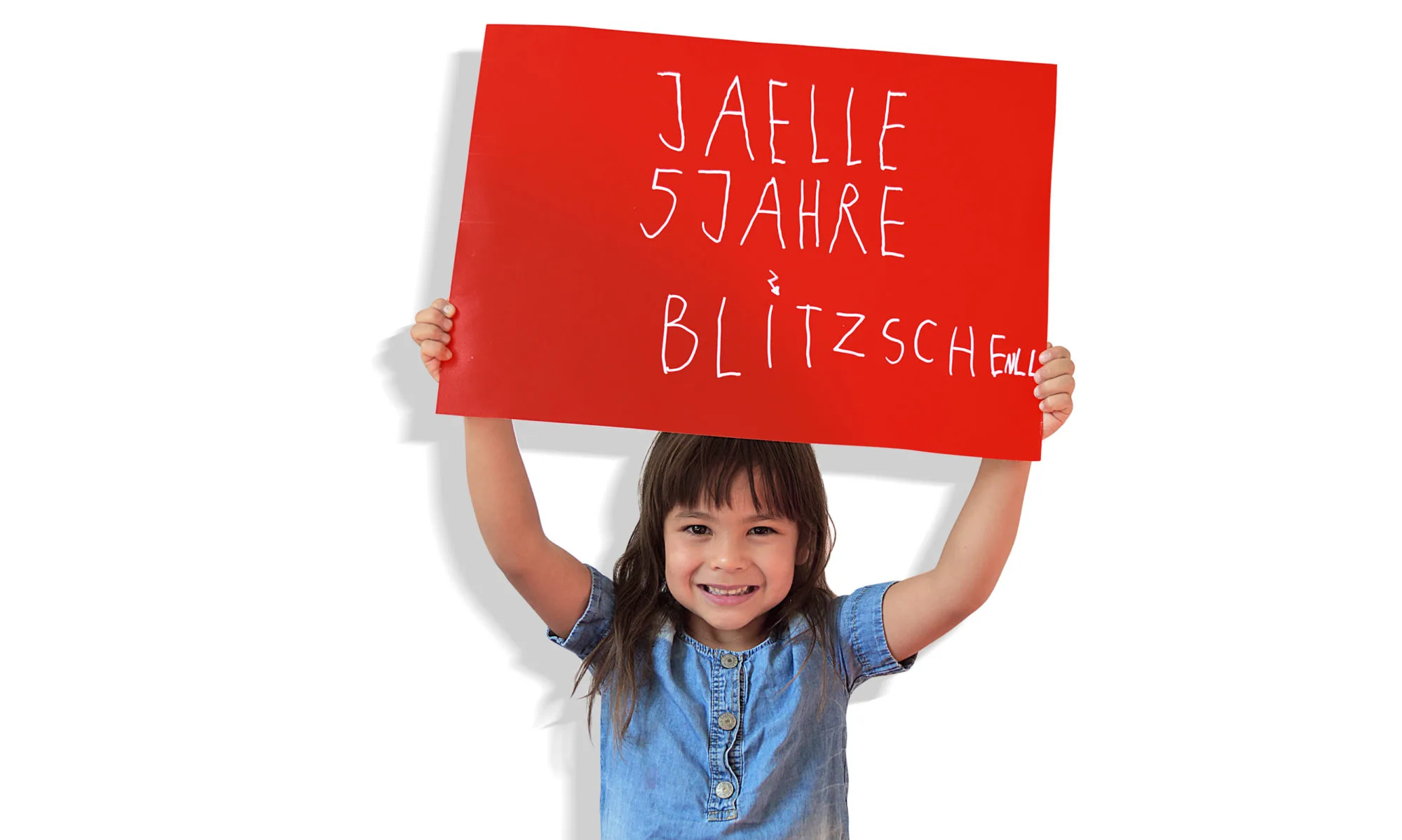Children with special needs: a conversation with Tanja Steinlin, Middle School Headmistress at LIPSCHULE, Zürich.
Children with special needs: a conversation with Tanja Steinlin, Middle School Headmistress at LIPSCHULE, Zürich.
Tanja Steinlin, what are the needs of the children at the LIPSCHULE?
We live and learn with wonderfully diverse children: they reflect society with all its strengths and weaknesses and at ‘LIP’, needless to say, we focus on their strengths.
The individualization of learning should be the goal of every educational institution in a society for which self-efficacy, personality development and self-realization are important values – the team at the LIPSCHULE stands behind these values and shapes everyday school life accordingly.
The basic attitude with which we approach diversity is crucial. At the LIPSCHULE, we see diversity as an opportunity, and are happy to facilitate learning moments for children. We also place a lot of emphasis on relationships – frequent changes of teachers and caregivers can have a negative impact on a child’s school experience.
How can the LIPSCHULE better address these aspects than mainstream schools?
We accompany learning with competence profiles based on Curriculum 21. We use various forms of performance feedback, and we have years of experience in competence-oriented teaching without the use of grading. Doing without grades in everyday school life considerably reduces the pressure to perform. We also attach great importance to uncomplicated, transparent, and open communication with parents.
How does using competence-oriented teaching concretely affect lessons?
Our focus is on networked, meaningful learning. We plan individual lessons in such a way that the children acquire basic knowledge as a community. This is because we know how important shared learning moments are. Subsequently, however, we differentiate: tasks are set in such a way that the pupils can work out solutions that correspond to their current abilities and possibilities. In addition, we have also adapted the design of the premises to the needs of our pupils. Interdisciplinary cooperation with specialists is another important part of how we cater to diversity, in some cases we have been working with specialists for many years.
<<<
